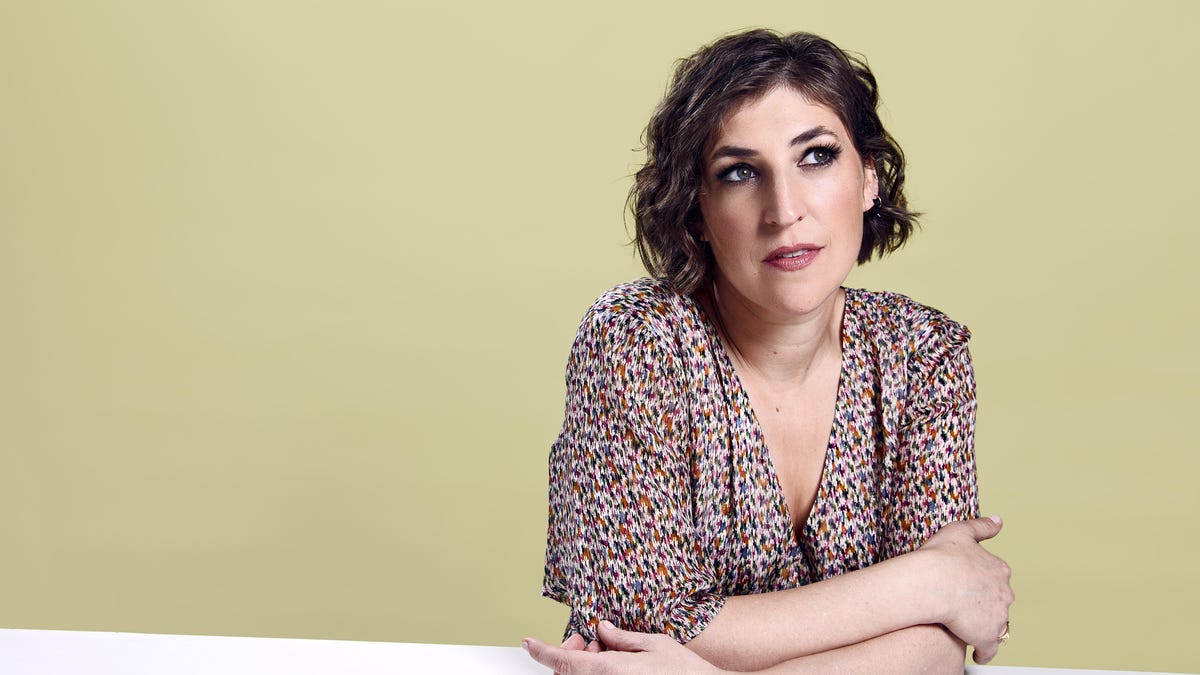Mayim Bialik says we need to talk more about mental health
For Mental Health Awareness Month, actor, neuroscientist and podcast host Mayim Bialik's Breakdown, talks about stress, fear, isolation and coping in a post-pandemic world.

Mayim Bialik says she grew up in a house with a tremendous amount of mental health challenges, which is why she knows those challenges can spill over both genetically and environmentally to the next generation.
So the mother of two decided to do something about it. The award-winning actor, who you may know as nerdy neurobiologist Amy Farrah Fowler on The Big Bang Theory and as the title character in the TV teen sitcom Blossom, also has a doctorate in neuroscience from UCLA. Which is why while the world was in covid lockdown, Bialik sketched out an idea for a new podcast series. Called Mayim Bialik's Breakdown, which she co-created with her partner, Jonathan Cohen, the podcast aims to interview a well-known guest to talk openly about the stress, uncertainty, fear, isolation and other emotions that have come to the fore as we're all living through the coronavirus pandemic.
Since launching in January, she's talked to Star Trek: The Next Generation star Wil Wheaton about trauma, depression and self-discovery. She's interviewed Sal Khan, the creator of Khan Academy, about stress, standardized tests and new approaches to education. And she asked Grammy-winning singer Hayley Williams of the rock band Paramore about uncovering a mind-body connection after getting out of a traumatic relationship.
"It's been a real exploration of each person's approach to mental health, with an eye towards educating people," Bialik tells me for CNET's I'm So Obsessed interview series. The podcast name, she tells me with a laugh, is so she can introduce each show by saying "Welcome to my breakdown." But then she gets serious.
"The main concept is that it is a human right for us to know about mental health, to even know what we're experiencing, what to call it, what it means, what to expect if you do get help, how to get help, why it's hard to get help," Bialik says.
I also talked with her about how technology, such an important lifeline while we've been sequestered this past year, is affecting our mental health, both in good ways and bad. One of her recommendations: "turning down the volume on what you take in," whether that's stepping away from your devices and the news cycle or skipping out on conversations with people, including family members, "who make you feel agitated or yucky."
You can listen to my conversation with Bialik on Spotify or Apple Podcasts. You can also subscribe to I'm So Obsessed on your favorite podcast app. In each episode, Patrick Holland or I catch up with an artist, actor or creator to learn about their work, career and current obsessions.

